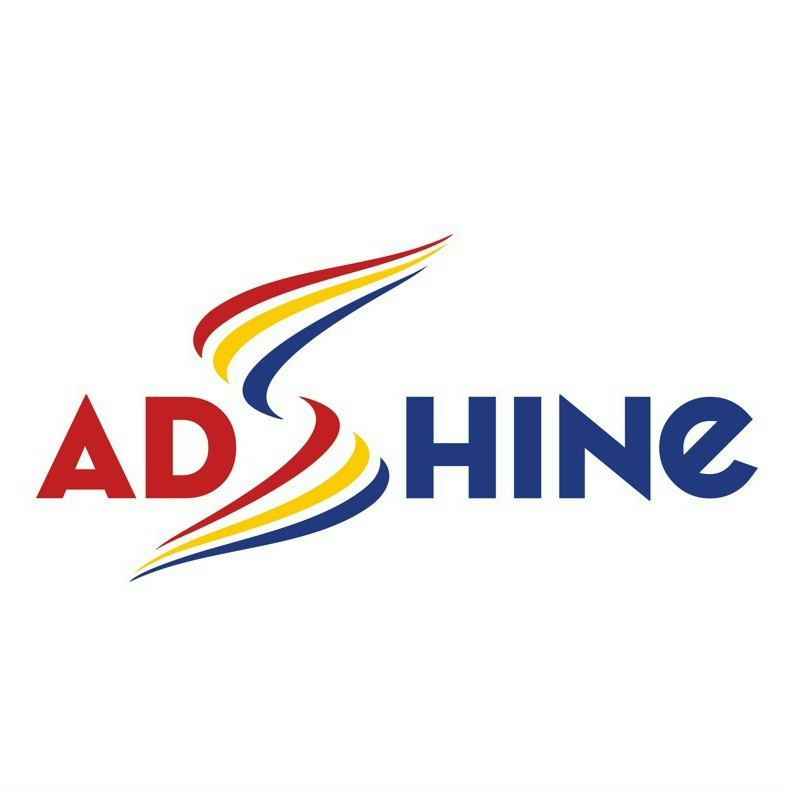Meta, TikTok Win Legal Battle Over EU Oversight Costs
 Adshine.pro09/11/202515 views
Adshine.pro09/11/202515 viewsWhile EU regulators continue to levy heavy charges against major social platforms, Meta and TikTok scored a rare victory this week, with an EU court ruling that the European Commission’s “supervisory fee” is not a fair levy under current terms.
The fee was first outlined in 2022 as part of the EU’s Digital Services Act (DSA), which applies to all large tech platforms in the region. The Commission proposed an annual supervisory charge to help finance enforcement efforts, calculated as 0.05% of each company’s annual global net income. The higher the revenue, the larger the fee.
The rationale was straightforward enough: ensuring compliance with the DSA requires significant resources, and those costs, in the EU’s view, should be borne by the platforms themselves.
The flaw, however, lies in the calculation. Because the fee is based on revenue rather than user base, it doesn’t necessarily reflect the actual workload involved. A company with vast numbers of users but minimal profit might generate the most regulatory burden yet pay little—or nothing at all—if it reports a financial loss.
Meta and TikTok both challenged this logic, and the Luxembourg-based General Court has now ruled in their favor.
According to the court’s summary:
“In order to determine the amount of the supervisory fee payable for 2023, the Commission calculated the number of average monthly active recipients of the services concerned on the basis of a common methodology based on data provided by third-party operators and annexed to each implementing decision. However, since that methodology is an essential and indispensable element of the determination of the supervisory fee, it should have been adopted not in the context of implementing decisions but in a delegated act, in accordance with the rules laid down in the DSA.”
In other words, the methodology wasn’t established correctly under EU law, meaning the fee itself cannot stand in its current form.
This forces the European Commission to revisit its approach and devise a new mechanism for calculating supervisory costs—one that can withstand legal scrutiny and be formally built into the DSA framework.
In the grand scheme, the win may be relatively minor, as Brussels will likely reintroduce a more robust and enforceable system. But given that EU penalties now cost social platforms billions of dollars annually, even a temporary reprieve is notable.
Meta, in particular, has been lobbying Washington for support in its fight against EU regulation, arguing that many of the rules unfairly target U.S. businesses. The Biden administration has echoed those concerns, even threatening retaliatory measures against Brussels, though none have been enacted so far.
This context helps explain Meta CEO Mark Zuckerberg’s recent warming to Donald Trump, as the company shoulders more than a billion dollars a year in European fines tied to the DSA’s sprawling and evolving requirements.
While this latest court ruling rests on a legal technicality, it represents another small but significant step in Silicon Valley’s broader pushback against EU oversight.
📢 If you're interested in Facebook Ads Account, don't hesitate to connect with us!
🔹 https://linktr.ee/Adshinepro
💬 We're always ready to assist you!